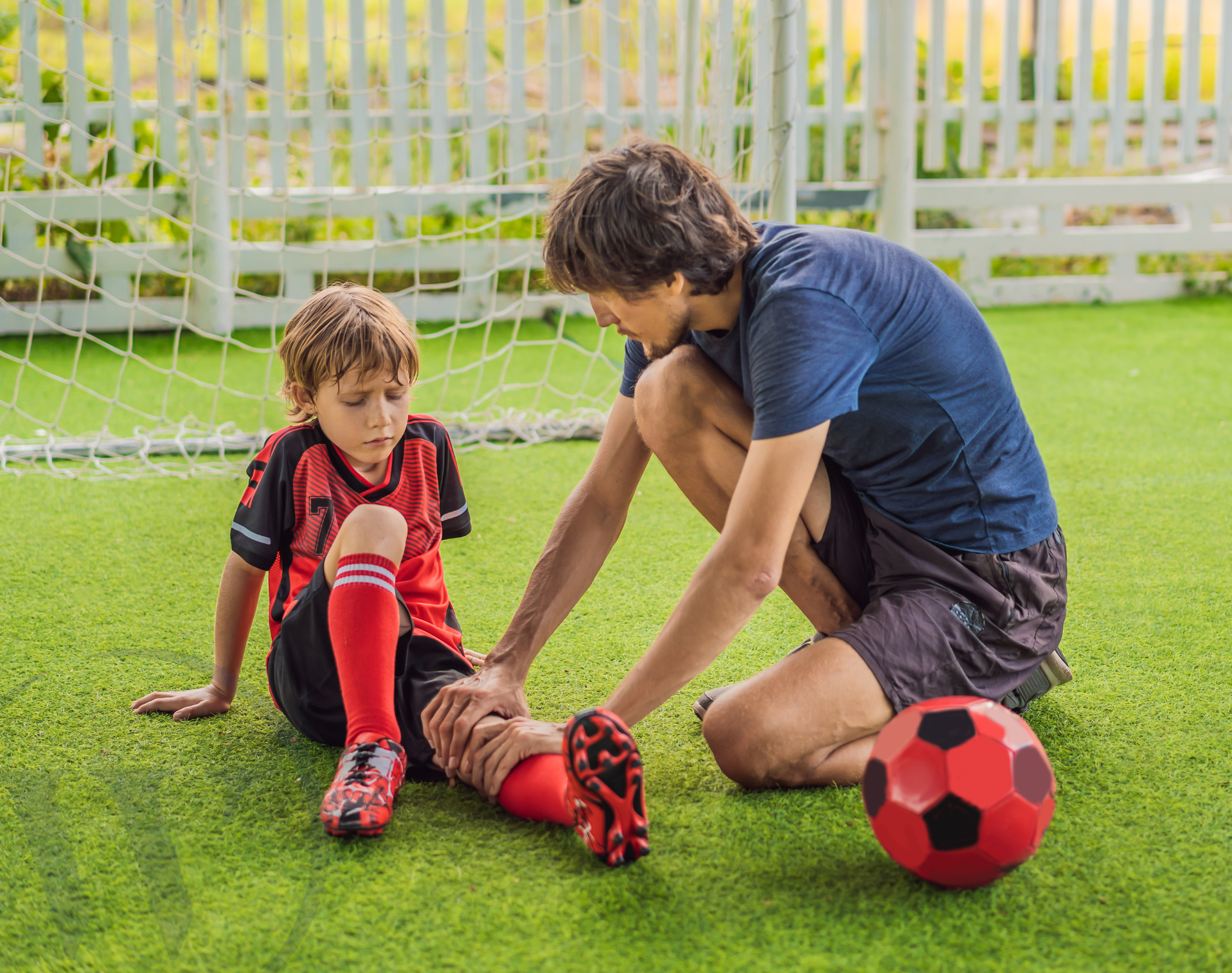While all types of knee injuries are on the rise, at Welbeck, our specialists have seen a particular increase in the number of children requiring knee reconstruction due to ACL injuries.
The ACL is an important structural ligament within the knee, which provides stability when pivoting, jumping, twisting and changing direction in sports.
Those who take part in fast-paced sports which require sudden changes in direction, jumping and pivoting, like netball, football, rugby, tennis, and skiing, are more likely to suffer ACL injuries and, indeed, other knee injuries too. This is because the ACL is under considerable loads during sudden changes of direction and therefore vulnerable to injury.
This risk is further increased if the child focuses predominantly on just one sport – a lack of variety in movement and action means some muscles in the legs are worked incredibly hard, while others are weaker, reducing overall knee stability, therefore increasing its susceptibility to injury.
Other factors that contribute to an increased risk of knee injury include:
higher intensity training and competition
lack of warm-up and cool-down exercises
limited rest and recovery
training increasingly taking place indoors or on synthetic turf
not wearing shoes specific to the sport
increased laxity and mobility of joints in young atheletes
hormonal changes and fluctuations, particularly in girls
biomechanical and anatomical differences
